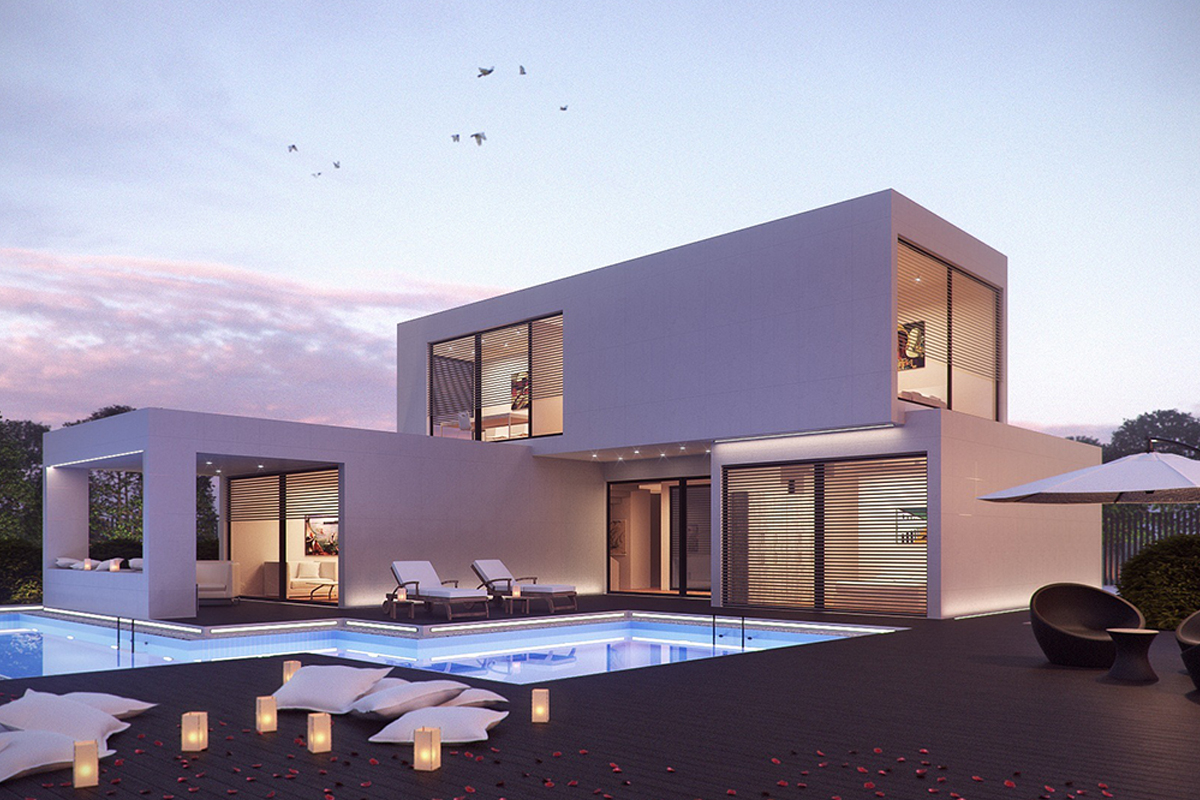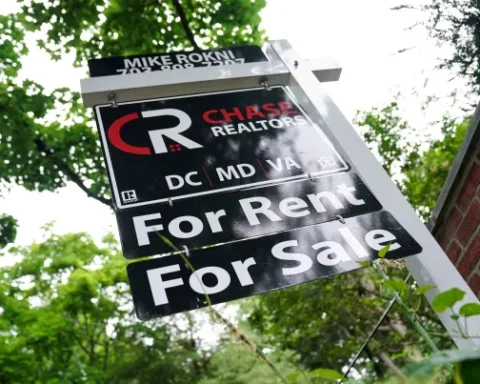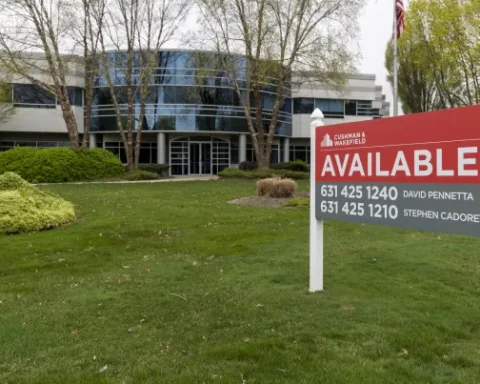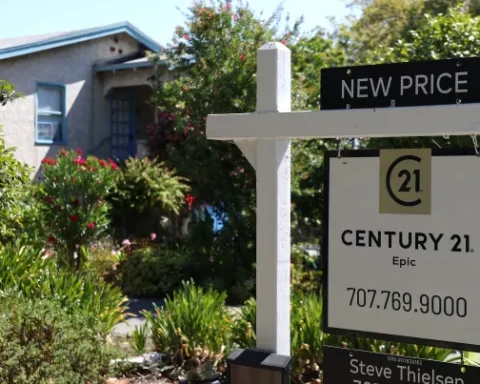In the face of a challenging real estate market, an age-old concept is making a remarkable comeback. A century ago, the idea of kit-built homes offered by companies like Sears revolutionized homeownership. Today, as affordability reaches its limits and sustainability becomes a priority, their modern descendant — modular homes — is stepping into the limelight. This resurgence is not just about nostalgia; it’s a response to the contemporary demands of efficiency, affordability, and environmental consciousness in homebuilding.
The Revival of Modular Homes
Modular homes, essentially the evolved form of kit homes, are now celebrated for their efficiency and minimal environmental impact. “Modular construction generates less waste and causes less disruption to plants and animals on building sites,” a consensus among green construction experts suggests. Unlike traditional construction, modular homes assemble large pre-made sections in a factory setting, significantly reducing material waste and on-site construction time.
Affordable housing advocates are particularly interested in modular construction due to its cost-effectiveness. Dave Dauphinais of McKinsey & Company says, “Offsite construction of repeatable modular units can save up to 25 percent of vertical construction costs.” This cost-saving is vital in a market where mortgage rates have soared, and home prices continue to rise.
A Sustainable and Economical Choice
Modular homes are cheaper than traditional homes and align with sustainable living goals. Companies like Deltec Homes, Dvele, and S2A Modular integrate solar panels into their designs, appealing to those aiming for net-zero living. Lisa Carey-Moore from the International Living Future Institute notes, “Prefabrication done well can reduce waste and the associated carbon emissions.”
However, not all experts agree on the environmental benefits of modular homes. From Builders for Climate Action, Chris Magwood warns, “Modular and prefab is not necessarily more environmentally friendly than traditional building methods.” It’s a reminder that sustainable building depends on more than just construction techniques.
The potential for modular homes to reshape the housing market is significant, yet challenges remain. Despite their cost, speed, and sustainability advantages, modular homes have yet to become mainstream in the U.S. housing market. But as the industry evolves and more buyers and builders prioritize sustainability and affordability, modular homes could be the housing solution for the future.







